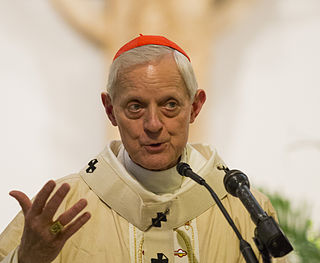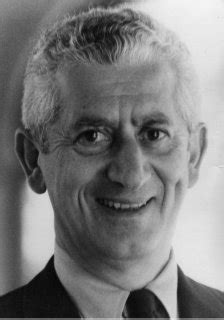A Quote by Brock Chisholm
The re-interpretation and eventually (sic) eradication of the concept of right and wrong which has been the basis of child training, the substitution of intelligent and rational thinking for faith... are the belated objectives of practically all effective psychotherapy. The fact is, that most psychiatrists and psychologists and other respectable people have escaped from these moral chains and are able to observe and think freely.
Quote Topics
Able
Basis
Been
Belated
Chains
Child
Concept
Effective
Escaped
Eventually
Fact
Faith
Freely
Intelligent
Interpretation
Moral
Most
Objectives
Observe
Other
People
Practically
Psychiatrists
Psychologists
Psychotherapy
Rational
Rational Thinking
Respectable
Right
Right And Wrong
Substitution
Think
Thinking
Training
Which
Wrong
Related Quotes
...the pretense is made, as it has been made in relation to the finding of any extension of truth, that to do away with right and wrong would produce uncivilized people, immorality, lawlessness and social chaos. The fact is that most psychiatrists and psychologists and other respected people have escaped from moral chains and are able to think freely.
What basic psychological distortion can be found in every civilization of which we know anything? The only psychological force capable of producing these perversions is morality - the concept of right and wrong. The re-interpretation and eventual eradication of the concept of right and wrong are the belated objectives of nearly all of psychotherapy.
Psychedelics are extraordinary tools, when used with psychotherapy, because in one day you can let go of so much, and have insight into so much. Sometimes more than in a year of traditional psychotherapy. I think they should be used in psychotherapy. But I don't know who should be entrusted with the toolbox - priests or psychiatrists? That is the difficulty.
I'm not saying that atheists can't act morally or have moral knowledge. But when I ascribe virtue to an atheist, it's as a theist who sees the atheist as conforming to objective moral values. The atheist, by contrast, has no such basis for morality. And yet all moral judgments require a basis for morality, some standard of right and wrong.
I think moral philosophy is speculation on how we ought to live together done by people who have very little clue how people work. So I think most moral philosophy is disconnected from the species that we happen to be. In fact, they like it that way. Many moral philosophers insist that morality grows out of our rationality, that it applies to any rational being anywhere in the universe, and that it is not based on contingent or coincidental facts about our evolution.
...a student attains 'higher order thinking' when he no longer believes in right or wrong". "A large part of what we call good teaching is a teacher´s ability to obtain affective objectives by challenging the student's fixed beliefs. ...a large part of what we call teaching is that the teacher should be able to use education to reorganize a child's thoughts, attitudes, and feelings.
It is amazing to observe how many psychologists and psychiatrists have accepted this sort of propaganda, and have come to believe that homosexual males and females are discretely different from persons who respond to natural stimuli. Instead of using these terms as substantives which stand for persons, or even as adjectives to describe persons, they may better be used to describe the nature of the overt sexual relations, or of the stimuli to which an individual erotically responds.
If we suppose a sufficient righteousness and intelligence in men to produce presently, from the tremendous lessons of history, an effective will for a world peace - that is to say, an effective will for a world law under a world government - for in no other fashion is a secure world peace conceivable - in what manner may we expect things to move towards this end? . . . It is an educational task, and its very essence is to bring to the minds of all men everywhere, as a necessary basis for world cooperation, a new telling and interpretation, a common interpretation, of history.
At first, man was enslaved by the gods. But he broke their chains. Then he was enslaved by the kings. But he broke their chains. He was enslaved by his birth, by his kin, by his race. But he broke their chains. He declared to all his brothers that a man has rights which neither god nor king nor other men can take away from him, no matter what their number, for his is the right of man, and there is no right on earth above this right. And he stood on the threshold of freedom for which the blood of the centuries behind him had been spilled.
In most societies birth has been an experience in whichwomen draw together to help each other and reinforce bonds in the community. Now that eradication of pain with effective anesthesia is often the only issue in any discussion of birththe sacramental and social elements which used to be central to women's experience of birthseem, for an increasing proportion of women, to be completely irrelevant.






























